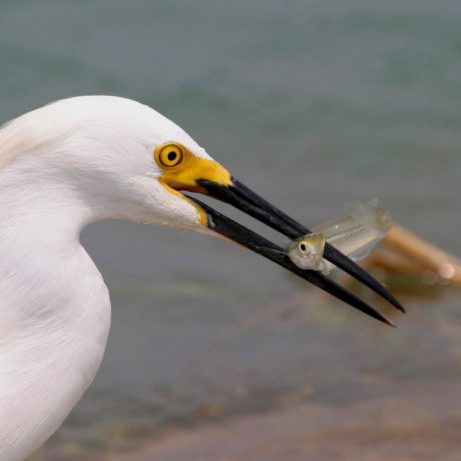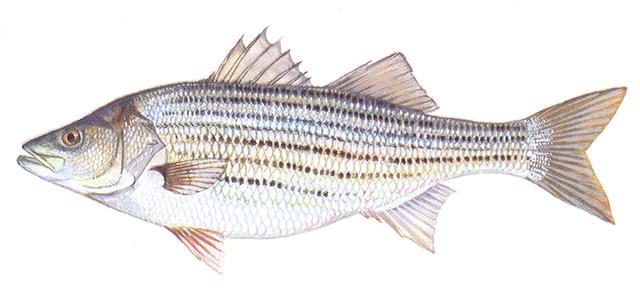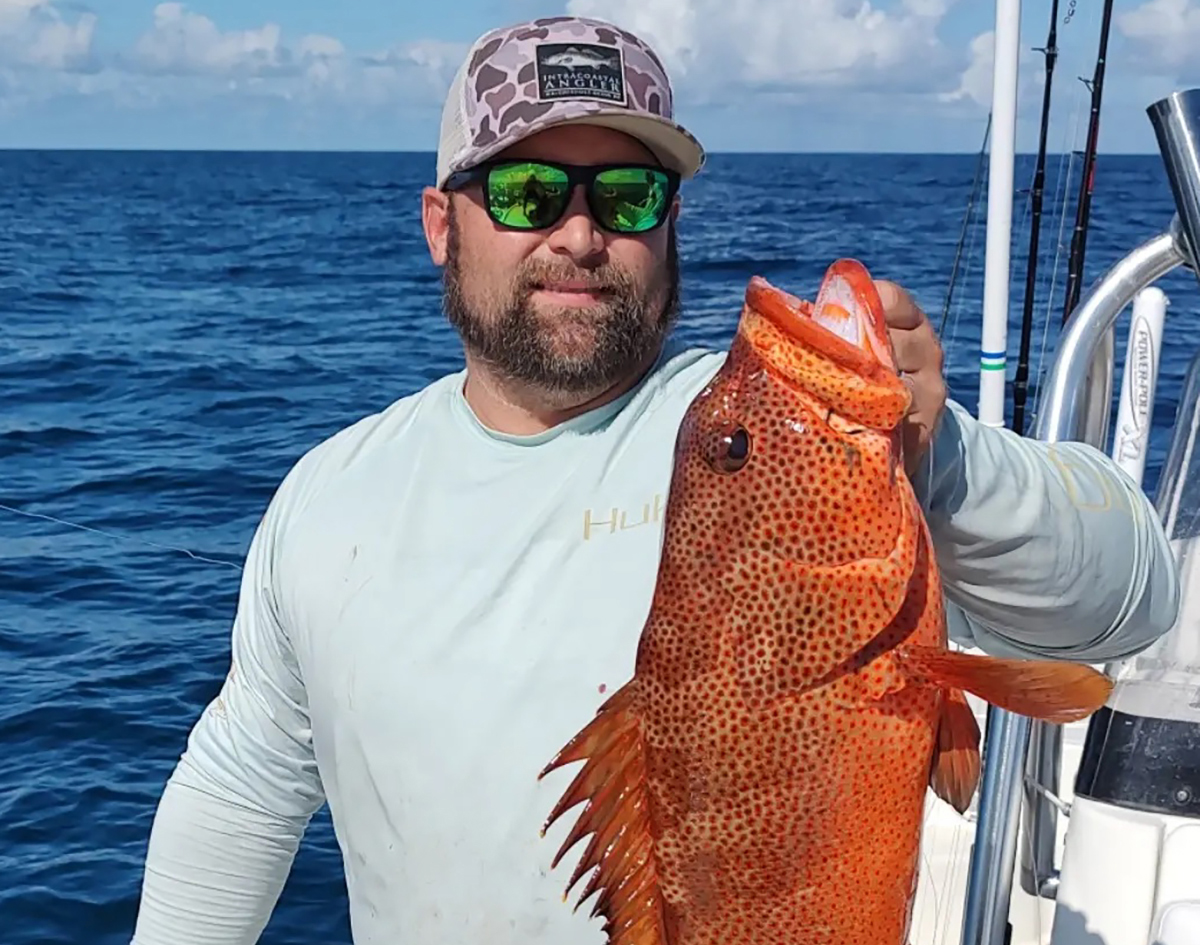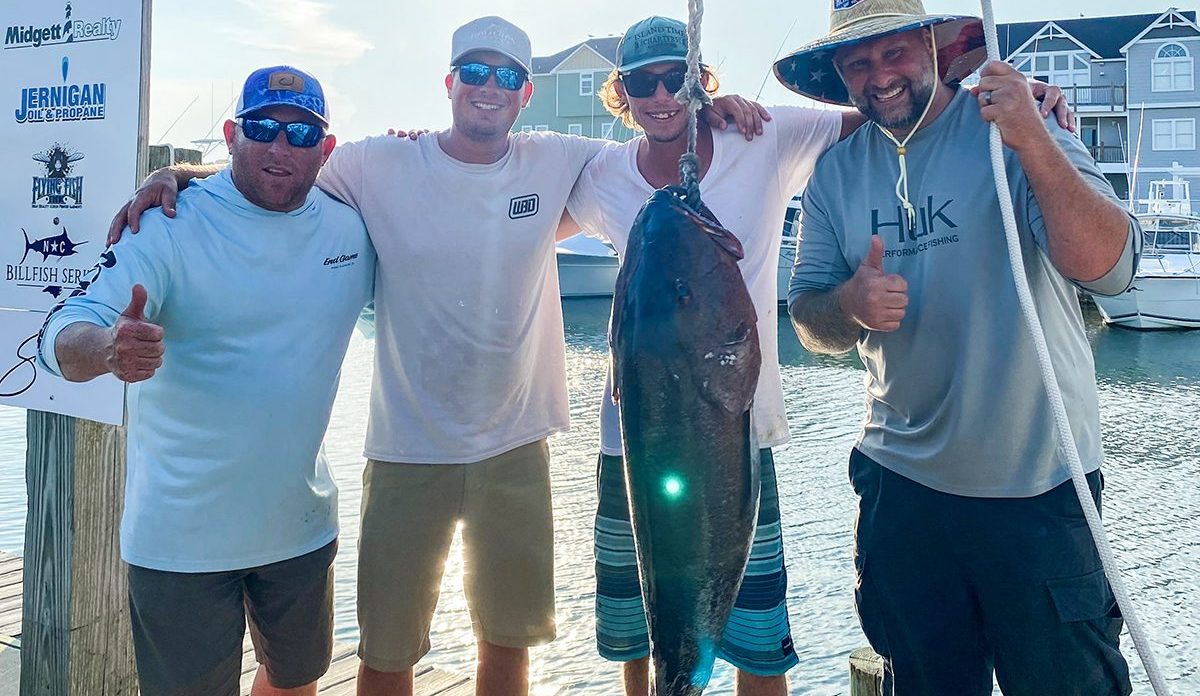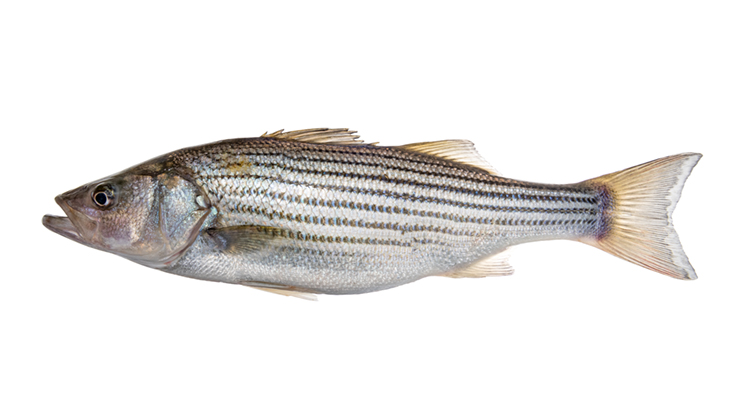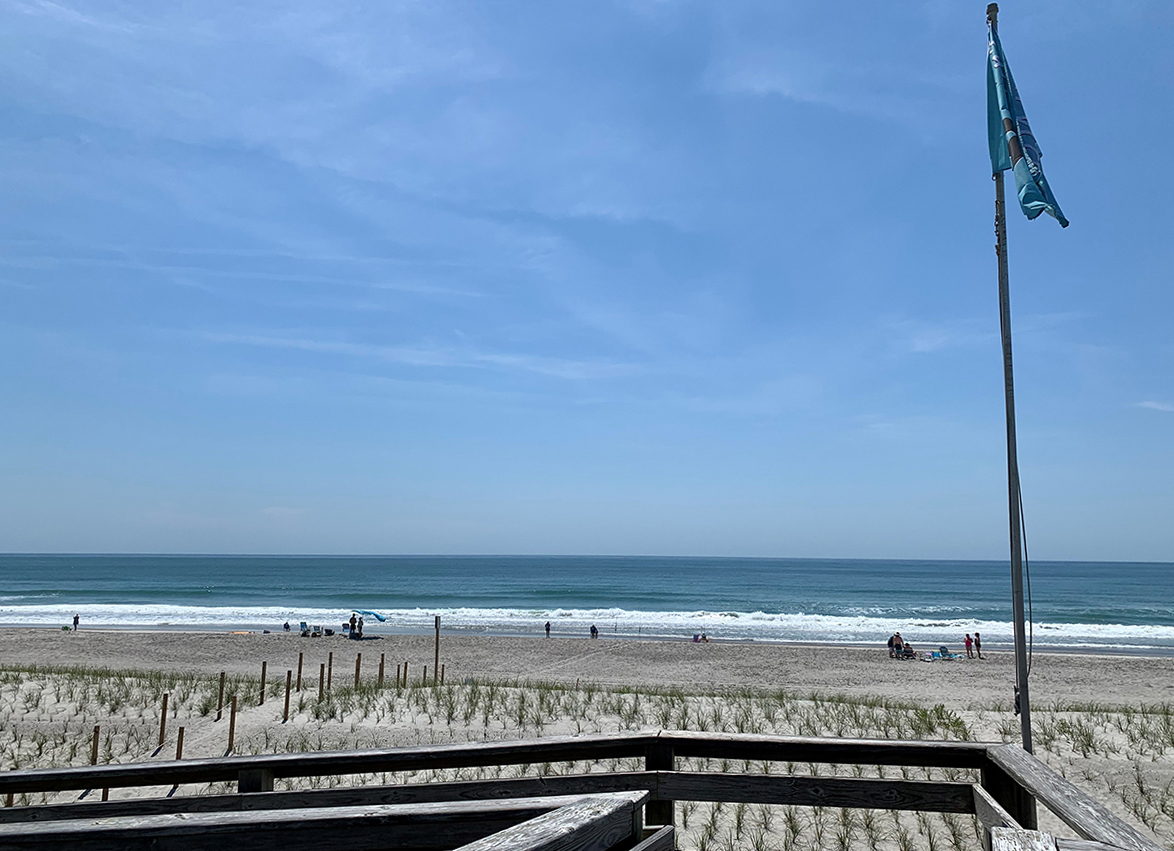
The state Coastal Resources Commission when it meets next week in Beaufort is expected to consider a variance request from Topsail Beach to allow wheelchair mats at three beach accesses in the Pender County town that have wheelchair ramps in place.
The meeting is set for 9 a.m. Wednesday, June 16, at the Beaufort Hotel, 2440 Lennoxville Road. The meeting will not include the option to attend via the internet. An agenda and related documents are available online.
Supporter Spotlight
Officials in Topsail Beach say they want to improve and enhance access from the bottom of the wheelchair ramps to the ocean. The town has been placing the mats on the beach since 2019 for wheelchair users to access the dry sand beach.
In May, the division denied the town’s CAMA minor permit application requesting to install the mats each May and leave them in place through September. The division in its denial said regulations required any development, including beach mats, to be landward of the oceanfront setback and the mats are not an allowed exception in the setback area.
Division staff support granting the variance, according to agenda documents, and noted that rulemaking related to beach mats is ongoing. The public comment period ends Monday and the rule changes could be ready for adoption during the commission’s meeting in September.
The town says it has consulted with state and federal wildlife authorities and agreed to provisions including that the mats would not extend beyond the oceanward toe of the newly developed berm and that “every effort” would be made to monitor any potential impact to turtles and turtle nesting “and take the necessary steps as advised by both agencies.”
Earlier this year, the commission granted Carolina Beach in New Hanover County a variance allowing the seasonal installation of mats on a stretch of beach designated an ocean hazard area of environmental concern because of excessive erosion.
Floating structures policies
The commission is also expected to discuss state and local policies pertaining to floating structures and how they apply to such structures used in shellfish cultivation.
Supporter Spotlight
State Division of Coastal Management officials seek the commission’s guidance on how to incorporate limitations on floating structures in a “supportive management strategy for the expanding shellfish industry while limiting public trust impacts.” The limitations also include those adopted by local governments through their Coastal Area Management Act land use plan policies to regulate floating homes.
“While these policies don’t specifically address floating structures on shellfish leases, it is clear that local governments are concerned about the potential for occupancy of these structures in public trust areas,” said Division of Coastal Management Policy and Planning Section Chief Mike Lopazanski in a memorandum included in the agenda packet for the meeting. “Gear and structure-intensive aquaculture in other states has not been without controversy, with most vocal groups being waterfront property owners concerned about viewshed and interference with other public trust uses including navigation and fishing.”
A representative of the North Carolina Coastal Federation is expected to speak regarding increased interest in floating processing facilities for shellfish leases and how floating structure policies may apply.
In 2020, the commission discussed floating upweller systems, or FLUPSYs, as related to the floating structure policies and approved amendments to incorporate to allow siting of FLUPSYs in permitted marinas or associated with private docking facilities, subject to limitations. The division has seen other floating structures, specifically shelters for equipment and processing operations associated with the lease, placed within open water leases.
“The Division views these structures from the perspective of balancing many interests and concerns, including public trust rights, potential resource impacts (e.g. from shading or grounding), use of permanent moorings, riparian property rights, aesthetics, and the rapid expansion and growth potential in the commercial cultivation of shellfish,” Lopazanski states in the memo.
Other business
Also on the agenda is the continuation of a discussion from the commission’s March meeting regarding inlets that were excluded from the Coastal Resources Commission science panel’s recommendations on updating Inlet Hazard Area boundaries. The excluded inlets include serving the Morehead City and Wilmington ports and shorelines that are publicly owned, with a low potential for future development.
The agenda also includes the following:
- Rulemaking recommendations regarding amendments pertaining to permit modifications.
- Rule implementation related to structural boat covers.
- Discussion of CAMA land use plans – future land use map.
- Consideration of fiscal analyses for proposed rule amendments pertaining to elevating structures, changes that codify existing policy.

